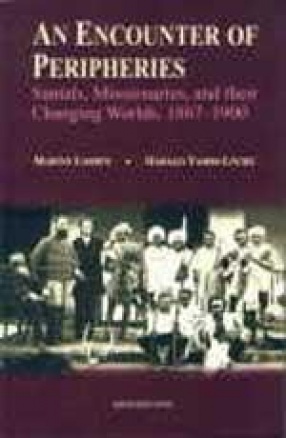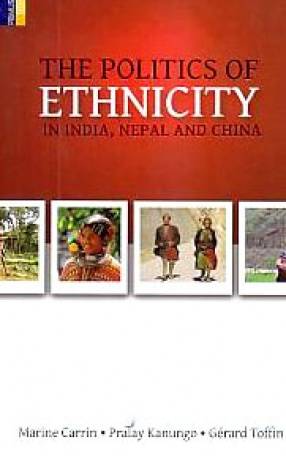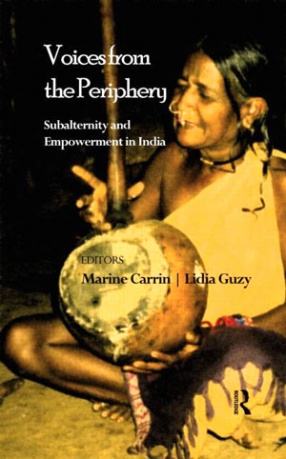This book partakes of the post-colonial reassessment of the nineteenth century, where agency is seen to lie, not just with the colonizing centre, but also with the colonized periphery. Here, missionaries from a peripheral part of Europe–including a Norway striving to decolonize itself–try to convert the Santals, an Indian tribe which had rebelled against the intruding colonial order. Provincializing the European origins of the missionaries, the authors try to explore the Santal response.Missionary sources have been used to recast such encounters, but the response seldom has had a documented voice. The santals, however, wrote thousands of pages as part of the Missionary Project to document their culture, showing their efforts to reconstruct and reappropriate their own culture. Subaltern voices emerge, as working class missionaries and Santals meet, bypassing the centres of hegemony, and oppose the disenchantment of colonial experience to the memory of a glorious past.For some years, a space is created at the edge of empire, where the missionary adventurer, and santals in search of a new identity, together build a new Christian community. The missionaries succeed only because of the Santal engagement–born, not just from their appropriation of missionary ideas, but also from their resistance to the Hindu majority and to internal colonialism. But soon colonial power relations erode missionary independence, as they come to depend on the churches of their homeland, while the Santals are absorbed into the exploitative economics of colonialism. The space allowed by an ‘encounter of peripheries’ is closed.
Transfer of Knowledge and Children’s Agency: Reconstructing the Paradigm of Socialization
As knowledge is transmitted ...
$65.70
$73.00










There are no reviews yet.